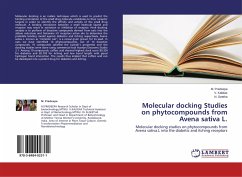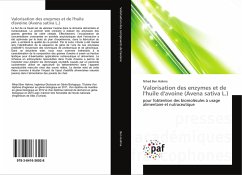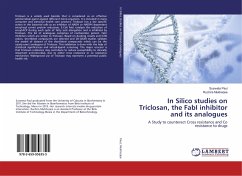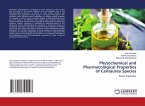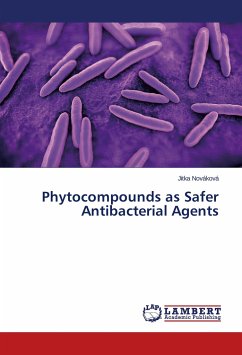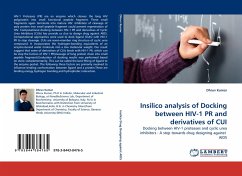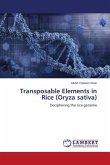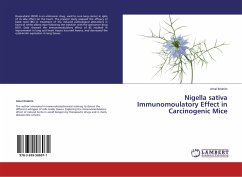Molecular docking is an insilico technique which is used to predict the binding orientation of the small drug molecule candidates to their receptor targets in order to identify the affinity and activity of the small drug molecule. A binding interaction between a small molecule ligand and receptor may result in activation or inhibition of receptor. Here docking analysis is to perform of bioactive compounds derived from oats into the aldose reductase and histamine H1 receptors active site to determine the probable binding model against diabetics and itching respectively. Avena sativa L. known as "common oat", is a cereal grain grown for its seed. In oats we have identified 14 phytocompounds, out of 14 bioactive compounds, 10 compounds satisfied the Lipinski's properties and the docking studies were done using commercial tool Accelyrs Discovery Studio 2.1. Among 10 compounds, caffeic acid showed highest dock score 89.324 for diabetics and 82.793 for itching and low bond length with good hydrogen bond interaction. The results thus implied that caffeic acid can be developed into a potent drug for diabetics and itching.
Bitte wählen Sie Ihr Anliegen aus.
Rechnungen
Retourenschein anfordern
Bestellstatus
Storno

